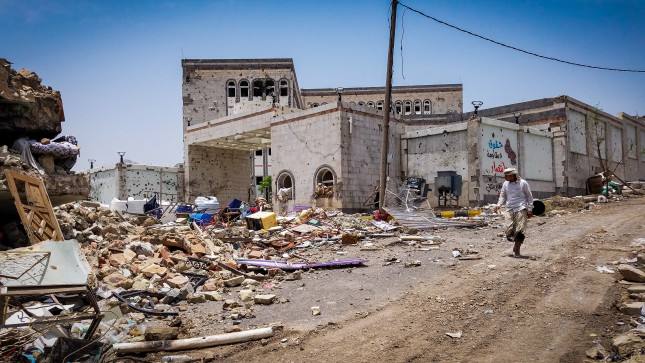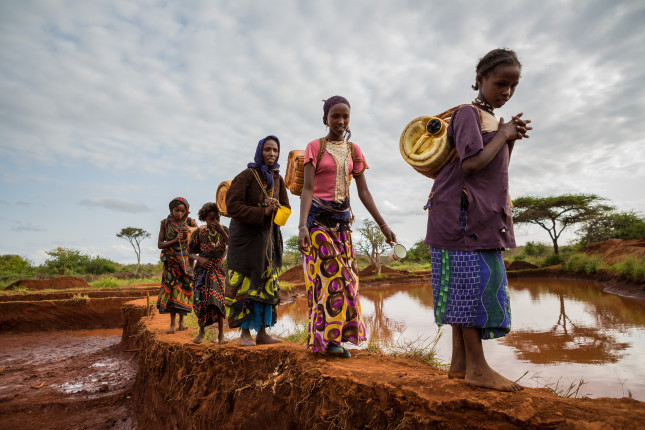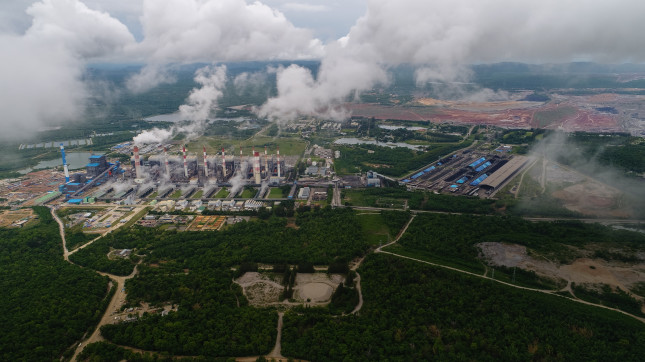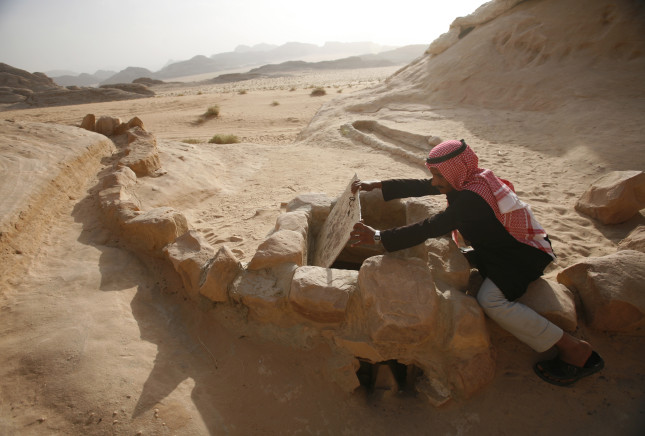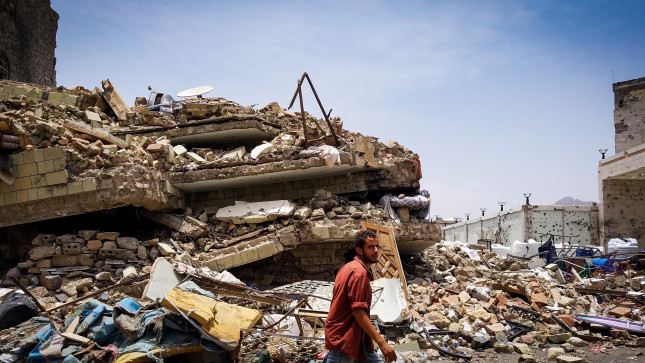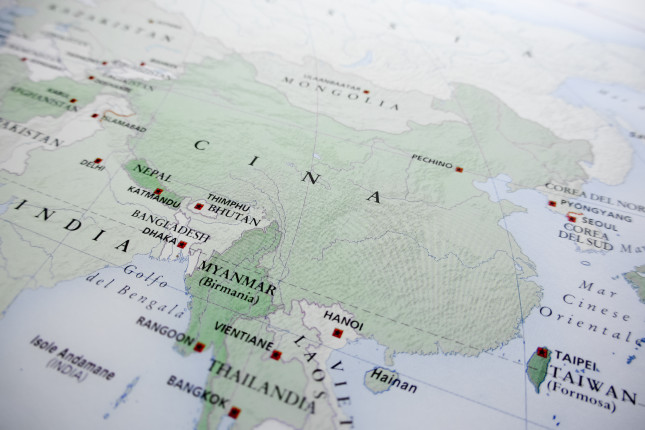-
What You Are Reading
The Top 5 Posts of April 2021
MORE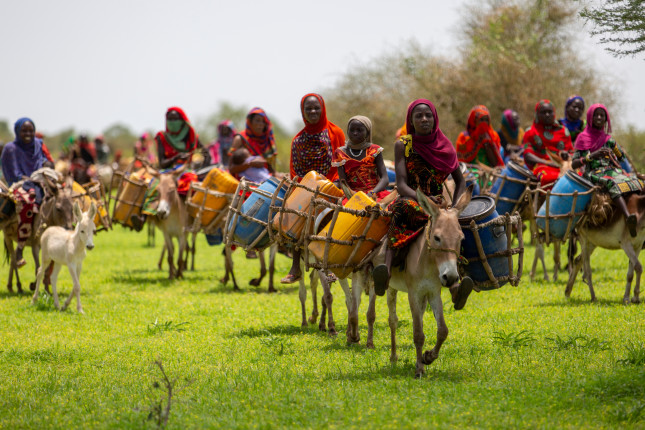
Water diplomacy has brought increased attention to both water governance and water-related challenges and risks. Women’s leadership in water governance remains a salient issue as the field strives to bridge the gender gap. In this month’s top post, Marisa O. Ensor finds that while the field remains male-dominated, recent events and related publications contribute to bridging this persistent gender gap.
Topics: What You Are Reading -
Guest Contributor
Towards Better Protecting the Environment in Armed Conflict
MORE
Environmental dimensions of armed conflicts
Years of armed conflict have devastated Yemen’s environment, contributing to one of the worst humanitarian crises in the world. Attacks on water infrastructure cut off thousands of people from access to safe drinking water, exacerbating a cholera outbreak that has caused an estimated 4,000 deaths since April 2017. Fighting also damaged Yemen’s agricultural infrastructure, contributing to the food insecurity of an estimated 16.2 million people.
-
On the Beat
Translating Urgency Into Action on Water, Climate, and Security
MORE
“We need to devote our full attention to the relationship between water, climate, and security, increase understanding of the issue, and take urgent action,” said Carola van Rijnsoever, Director of Inclusive Green Growth at the Netherlands Ministry of Foreign Affairs, at a recent Hague roundtable on building a transatlantic coalition for climate action on water and security challenges in countries of risk.
-
Guest Contributor
The Biden Administration Confronts the Climate-Carbon Cleavage
MORE
Of the many ways in which the 2020 presidential election might reshape American society, its impact on climate policy may well be the most significant. The Biden administration’s ability to move forward with its agenda, however, is greatly constrained by the carbon-climate cleavage that increasingly shapes American legislative politics and electoral competition. The administration has met this challenge with a three-prong strategy intended to bridge this cleavage.
-
China Environment Forum
Aquaculture is Fishing to Gut Plastic Waste—In The United States and China
MORE
In May 2009, I was traveling with researchers from the Shandong Academy of Agricultural Sciences to learn about rural water pollution. One of them realized it was Mother’s Day and decided to treat the 3 mothers in the group to a fishing trip. We soon pulled into a farm with rows of large concrete ponds filled with fish. This was my first introduction to the world’s largest aquaculture industry, where fish are farmed in ponds, reservoirs, and even rice paddies. China produces 50 million tons of seafood annually, far eclipsing the 0.5 million tons farmed in the United States.
-
What You Are Reading
The Top 5 of March 2021
MORE
Jordan is facing a deepening, multi-faceted freshwater crisis and it’ll take aggressive action by the country and its international partners to gain a foothold on its water future. In this month’s top post, Steven M. Gorelick, Jim Yoon, Christian Klassert feature their recently published framework that assesses the key factors playing a role in exacerbating Jordan’s limited natural water availability and Jordan’s water security outlook.
Topics: What You Are Reading -
Guest Contributor
Climate Change and Terrorism
MORE
Climate change is a defining global issue of our time. In a recent address to the UN Security Council, John Kerry, the U.S. presidential envoy for climate, remarked that climate change is “the challenge of all of our generations.” An important dimension of the challenge presented by climate change concerns its implications for state and human security.
-
Guest Contributor
The Climate Crisis and Southeast Asian Geopolitics
MORE
Southeast Asia is at the center of the two major geopolitical challenges of the 21st century: climate change and the rise of China. As decision-makers across the region grow increasingly concerned about climate change and environmental degradation, as well as the implications of intensifying competition between China and the United States, Washington has an opportunity to strengthen its engagement with Southeast Asia and advance its broader geopolitical objectives.
 A Publication of the Stimson Center.
A Publication of the Stimson Center.

